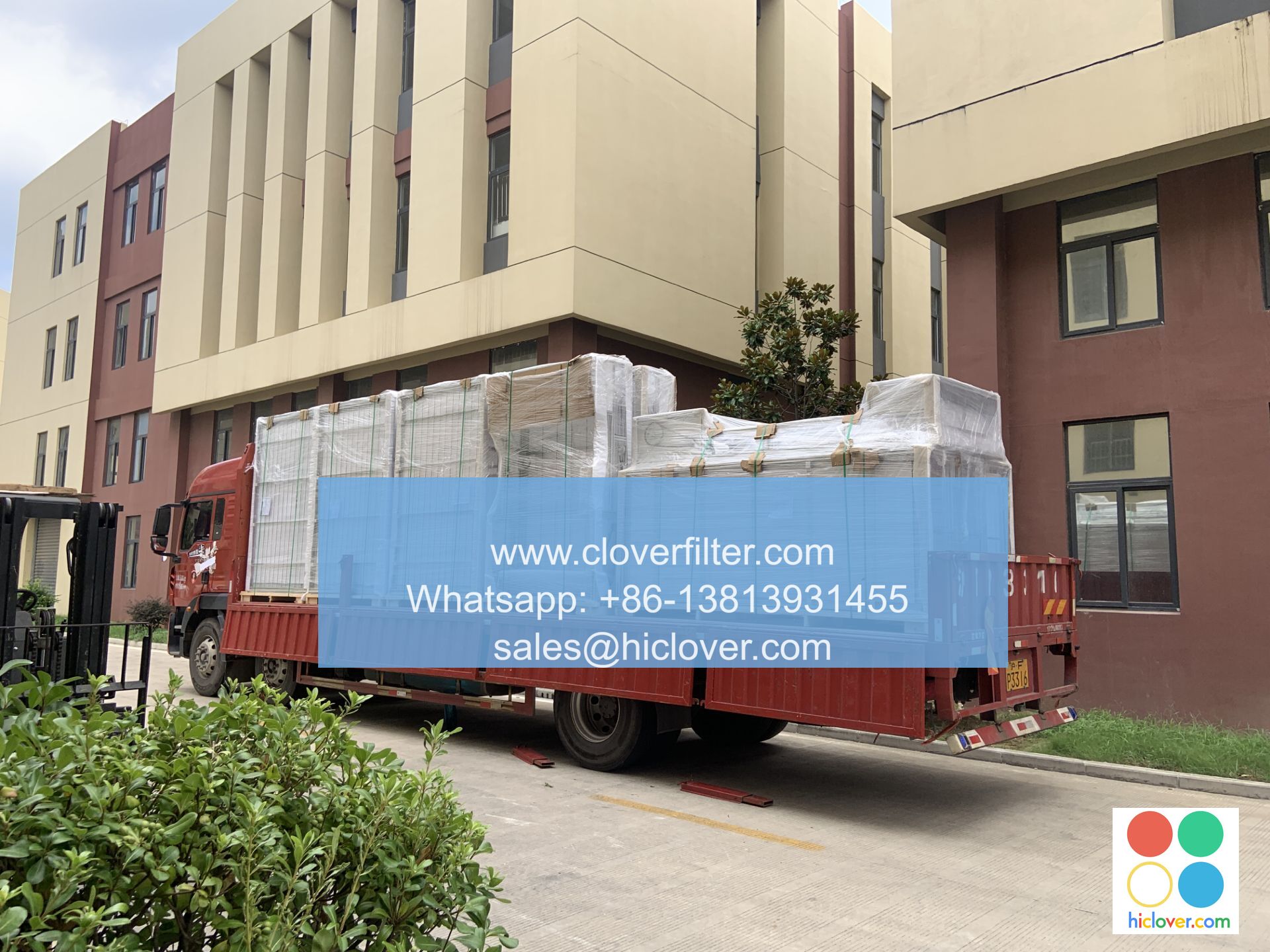HEPA Filter Production: Understanding the Technology

HEPA Filter Production: Understanding the Technology and Its Widespread Applications
Introduction
In today’s era, air quality is a growing concern for individuals and industries alike. With the constantly increasing levels of air pollution, it’s essential to have a reliable and efficient air filtration system in place. This is where High-Efficiency Particulate Air (HEPA) filters come into play. In this article, we will dive into the world of HEPA filter production, exploring the technology, its benefits, and various application areas where they play a crucial role.
What is a HEPA Filter?
HEPA filters are designed to capture 99.97% of particles as small as 0.3 microns, including dust, pollen, smoke, and other airborne contaminants. The filters are made up of a mat-like substance, usually made from synthetic materials such as polyester or polypropylene, which are woven together to form a dense fabric. When air passes through the filter, the pollutants are trapped, leaving clean air to breathe in.
How Does HEPA Filter Production Work?
The process of producing HEPA filters involves a series of steps:
- Material selection: The first step is to choose the right material for the filter. This is usually made from a synthetic polymer such as polypropylene or polyester.
- Welding: The selected material is then cut and welded together to form the desired shape and size.
- Treatment: The resulting fabric is then treated with chemicals to impart the necessary properties for the filter to work effectively.
- Assembly: The treated fabric is then assembled into the final product, which can be in the form of a stand-alone filter or integrated into a larger system such as an HVAC unit.
Benefits of HEPA Filter Production
HEPA filters offer numerous benefits, including:
- Exceptional air quality: By capturing 99.97% of particles as small as 0.3 microns, HEPA filters are incredibly effective at removing pollutants from the air, promoting a healthier indoor environment.
- Improved indoor air quality: HEPA filters are particularly beneficial in areas with high levels of air pollution, such as in industries, homes, and healthcare facilities.
- Increased energy efficiency: By removing impurities from the air, HEPA filters can actually reduce the need for air conditioning and heating, leading to energy savings.
- Durability: HEPA filters are designed to be long-lasting and require minimal maintenance, making them a cost-effective option for both residential and commercial applications.
Applications of HEPA Filter Production
HEPA filters have a wide range of applications, including:
- HVAC systems: HEPA filters are commonly used in heating, ventilation, and air conditioning (HVAC) systems to provide clean air to occupants.
- Industrial manufacturing: HEPA filters are used to control airborne contaminants in industrial settings, where air quality is critical.
- Healthcare facilities: HEPA filters are essential in healthcare settings to reduce the spread of airborne diseases and reduce the risk of infection.
- Residential use: HEPA filters are available for residential use, providing homeowners with a way to improve air quality in their own homes.
- Automotive: HEPA filters are even used in vehicle air conditioning systems to remove pollutants and allergens from the air.
Conclusion
In conclusion, HEPA filter production is a vital process that involves carefully selecting the right material, welding, treating, and assembling the filter. The benefits of HEPA filters, including improved air quality, increased energy efficiency, and durability, make them a crucial component in various industries and applications. Whether it’s residential, industrial, or healthcare, HEPA filters play a significant role in maintaining a healthier and more comfortable environment.
Keywords: HEPA filter production, air quality, air filtration, HVAC systems, industrial manufacturing, healthcare facilities, residential use, automotive, air conditioning, air purification.
Hello! I’m here to help with any questions or tasks you may have. What would you like to talk about or ask?

